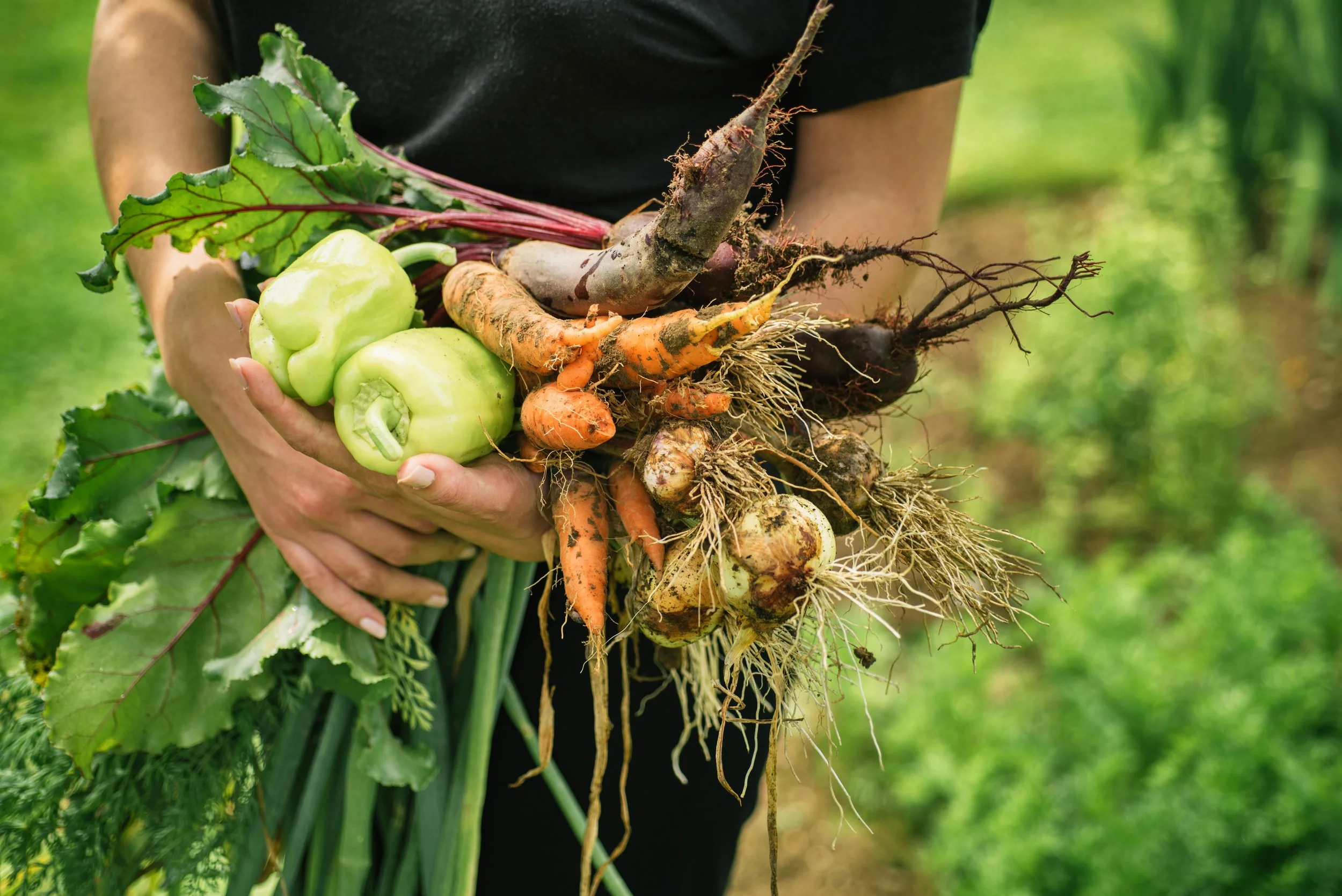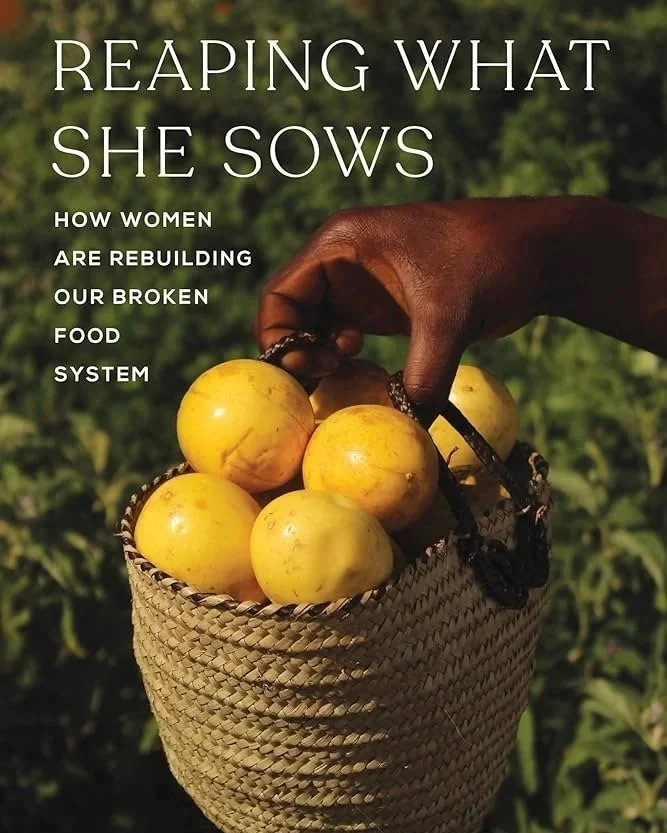2026 Keynotes
Seeds: The Sacred Abundance Found in Small Places
Wednesday, January 21 | 8:00 - 9:45 p.m.
Nature absolutely knows how to pack a punch. It has placed the capacity for transformation, abundance, and sustenance within the tiny clutches of a seed. When the conditions are right, seeds become new worlds. Nature designed humans with the same exponential transformational power. When conditions are right, we thrive. This keynote invites us to reflect on a central question: How are we creating the conditions for seeds to show us their full capacity? Using this metaphor, we will explore what it means to create spaces where people can grow and flourish deeply in their communities.
Carlton Turner is an artist, agriculturalist, builder, researcher, and co-founder/co-director of the Mississippi Center for Cultural Production (Sipp Culture). He has more than 20 years of organizational development and management experience working in the arts and culture sector. He currently serves on the board of First People’s Fund, Grantmakers in the Arts, College Unbound, and the National Black Food and Justice Alliance. Carlton is a founding partner of the Intercultural Leadership Institute and the former Executive Director of Alternate ROOTS and a lead partner in the Southern Black Farmer Community Led Fund. He lives and works in Utica, MS where his family has been rooted for eight generations. Spanish interpretation provided.
Protecting Immigrant Farmers and Farmworkers
Thursday, January 22 | 12:30 - 1:30 p.m.
A strategic dialogue on immigrant farmworker and farmer rights, featuring Martita Martinez-Bravo (Executive Director of Friends of Fieldworkers, Inc.), Luis Alejo (Monterey County Supervisor), Elsa Mejía (City of Madera City Council Member), and Paul Underhill (Terra Firma Farm, Winters, CA). This panel will examine the legal, workplace, and community frameworks needed to safeguard farmer & farmworker immigrants across California’s agricultural systems, highlighting collective efforts that help keep immigrant families and communities safe and together. Spanish interpretation provided.
Successful Farmers
Friday, January 23 | 12:30 - 1:30 p.m.
An EcoFarm tradition! Learn what these farmers do, why they do it, and what they’ve learned along the way. Brisa Farms, Byron Albano, and Effie Rawlings are the 2026 EcoFarm Successful Farmers. Spanish interpretation provided.
How Women Are Rebuilding Our Regenerative Supply Chains
Saturday, January 24 | 10:30 - 11:45 a.m.
Five supply chain leaders and farmers featured in the new book, Reaping What She Sows: How Women Are Fixing Our Broken Food System, will discuss their work creating the short, direct, and transparent “alternative food system". Their system stands in direct contrast to the extractive, exploitative long supply chains of Big Agriculture and Big Food. Their work includes raising capital for Black farmers to access land, creating an alternative organic produce food system in Big Ag-dominated California, re-building the Northeastern regional grain shed, one farmer, miller, and baker at a time, and reclaiming the heritage seeds of their mother cultures to build seed sovereignty.
Reaping What She Sows author Nancy Matsumoto will moderate a panel featuring Karen Washington, Olivia Watkins, Karen Salinger, June Russell,
and Mai Nguyen. Spanish interpretation provided.
Watch our 2025 Keynotes
This moderated conversation brings together voices from seasoned veterans of that early EcoFarm conference and fresh creators of ecological farming’s future, spinning threads that intertwine past, present, and yet to be.
Keynote speakers Charlene Eigen-Vasquez and Rupa Marya explore the topics of Indigenous land stewardship, food sovereignty, and the power of nurturing relationships with the Earth. During this discussion, Charlene shares information on ancient local food resources and explains their significance and value to society.
Award-winning author Gary Paul Nabhan led an inspiring keynote session on "How Immigrant Farmworkers and Activists from the Borderlands have Enriched American Farm Communities."
In this keynote session, get ready to hear from incredible voices in sustainable agriculture! Here’s a sneak peek of the amazing panelists: Wanda Stewart - Executive Director of Common Vision, Justin Miller - Owner and Operator of Twin Peaks Orchards, Kelly Brown - Owner of Do Right Flower Farm, Javier Zamora (Moderator) - A farming mentor and equity advocate, helping first-generation farmers thrive.




